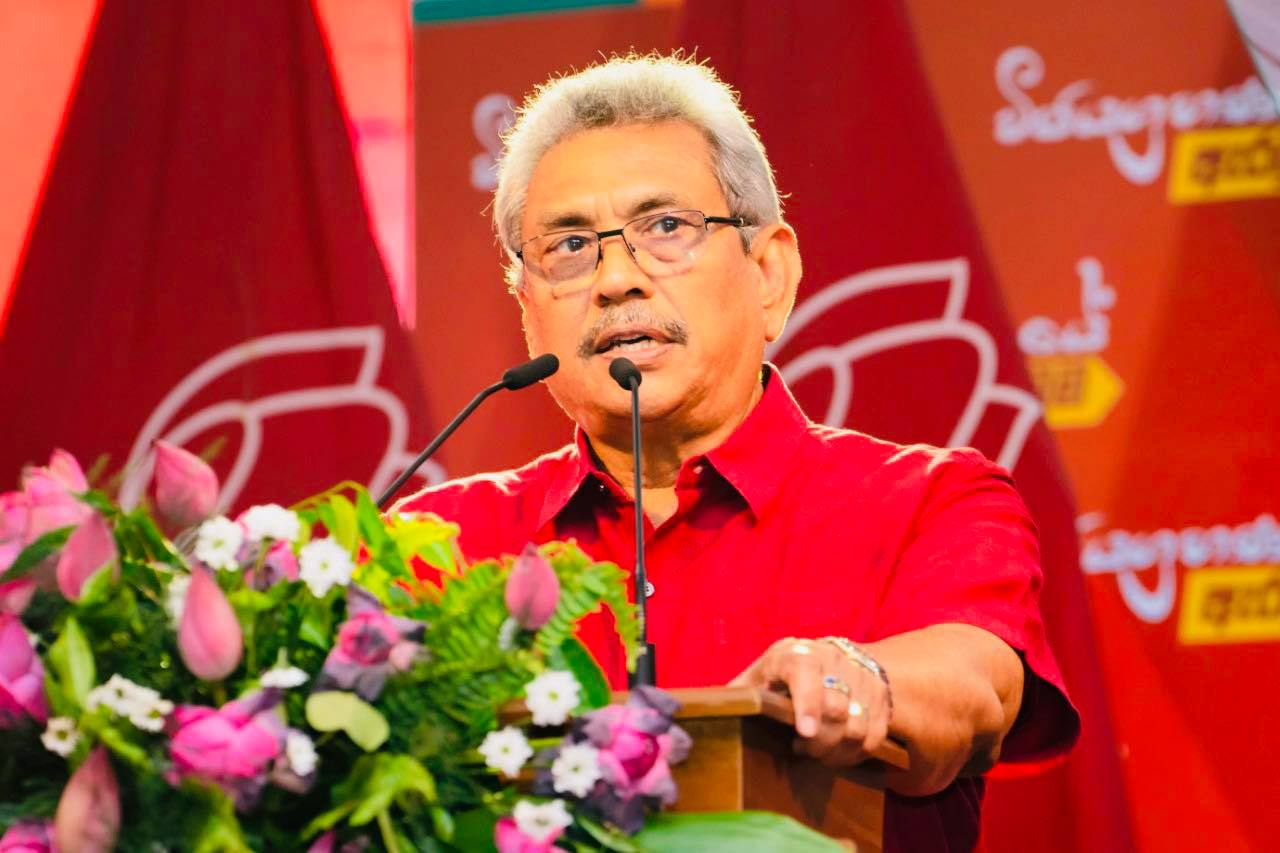
Marking the 30th anniversary of the UN Human Development Report, over a dozen human rights organisations have signed a joint statement calling on Sri Lanka to recentre its development approach, noting a history of development which has “exacerbated existing inter-community tensions” and contributed to ethnic conflict.
In their statement, they note the historic failing of successive governments in Sri Lanka stating that “development has historically failed to be rights-based and instead has been erroneously understood as massive infrastructure development, which has not benefitted large sections of the population”.
This disregard for human rights has been endorsed by a corporate sector working in conjunction with the State. It has resulted in “environmental degradation and displacement of communities, which in turn has affected food, water and livelihood security”. They further state that those worst affected “were experiencing poverty, historical marginalisation or are conflict-affected, and have been placed on the margins of emerging development initiatives”.
Historic discrimination
Throughout the statement, the need to avoid a “development discourse devoid of a rights base” is emphasised as such discourse “de-politicises and de-historicises discrimination”. Instead, it is recognised that development initiatives have been used by the government to “deny demands to address the root causes of and genuine grievances related to the ethnic conflict”.
The authors of the letter go on to say,
“Any development initiative that fails to acknowledge the role of structural injustice in perpetuating poverty, in a context where there is no substantive reform to address the disparity of power, will serve to only widen existing inequalities”.
Further noting this disparity, the statement highlights that during the initial call for the launch of the Human Development Report on its 30th anniversary in Sri Lanka, all of the local speakers were from the corporate sectors, there was only one female speaker, and none were from ethnic minorities. Whilst the panel has been made more inclusive, it is still dominated by the corporate sector.
In critiquing the composition, the authors call on the Sri Lankan government, the UN and the international donor community, to view civil society in Sri Lanka as “a stakeholder, partner and important contributor to development”.
This will entail “ensuring rights-oriented perspectives and local voices are placed at the centre of any discussions”.
Militarisation and the international response
In light of the Sri Lankan governments increasing militarisation of civil society, as well as the curtailing of civil and political rights, the authors call on the international donor community to consider;
“whether and how the stated aims of their programmes could be achieved in an environment in which civic rights are being curtailed and the activities of civic activists and civil society organisations are being subject to extra-legal and repressive restrictions”.
The authors conclude their statement calling on the government of Sri Lanka to ensure that their development plans are “rights-based and consultative with all communities” as well as the UN agencies to ensure that appropriate action is taken. However, they warn that a failure to do so at this critical juncture “will exacerbate challenges faced by those promoting more participatory and rights-based development in a repressive environment”.
Read the full statement here.
Signatories of the letter are detailed below:
Individuals
- Nida Admani
- Sarah Arumugam, Attorney-at-Law
- Ashila Dandeniya
- Marisa De Silva
- S.C.C. Elankovan
- Sarala Emmanuel, Feminist Researcher
- Sr. Deepa Fernando
- Ranjan Fernando
- Rita Fernando
- Ruki Fernando
- Anne-Marie Fonseka
- Dr. Mario Gomez
- B. Gowthaman
- Radika Gunaratne
- Deekshya Illangasinghe
- Dr. Sakuntala Kadirgamar
- R. C. Pradeep Kumar
- K. Lavakusarasa
- Kurushanthan Mahaluxmy
- Melani Manel Perera
- Sriyanthi Perera
- Sanjula Piertez, Attorney-at-Law
- Theresa Rajapaksha
- K. Ranawana
- Lasantha Ruhunage
- Dr. Paikiasothy Saravanamuttu
- Shreen Saroor
- Ambika Satkunanathan
- Revd.S.D.P.Selvan
- Joanne Senn
- Shivanthi Silva
- Vanie Simon
- Visakha Tillekeratne, Independent Activist
- Sandun Tudugala
- Ralston Weinman
- Dr Tush Wickramanayaka
- Godfrey Yogarajah
Organisations
- Aham Humanitarian Resource Centre
- Centre for Policy Alternatives
- Centre for Society and Religion
- Eastern Social Development Organization
- Human Elevation Organization (HEO)
- Institute of Social Development
- International Centre for Ethnic Studies
- Islamic Women’s Association for Research and Empowerment (IWARE)
- Law & Society Trust
- Mannar Social and Economic Development Organisation
- Mannar Women’s Development Federation
- Movement for Plantation Peoples’ Land Rights (MPPLR)
- Muslim Women’s Development Trust
- Nelumyaya Foundation
- Social Institute for Development of Plantation Sector (SIDPS)
- Sri Lanka Working Journalists Association
- Upcountry Civil Society Collective (UCSC)
- Women’s Action Network
We need your support
Sri Lanka is one of the most dangerous places in the world to be a journalist. Tamil journalists are particularly at threat, with at least 41 media workers known to have been killed by the Sri Lankan state or its paramilitaries during and after the armed conflict.
Despite the risks, our team on the ground remain committed to providing detailed and accurate reporting of developments in the Tamil homeland, across the island and around the world, as well as providing expert analysis and insight from the Tamil point of view
We need your support in keeping our journalism going. Support our work today.
For more ways to donate visit https://donate.tamilguardian.com.

